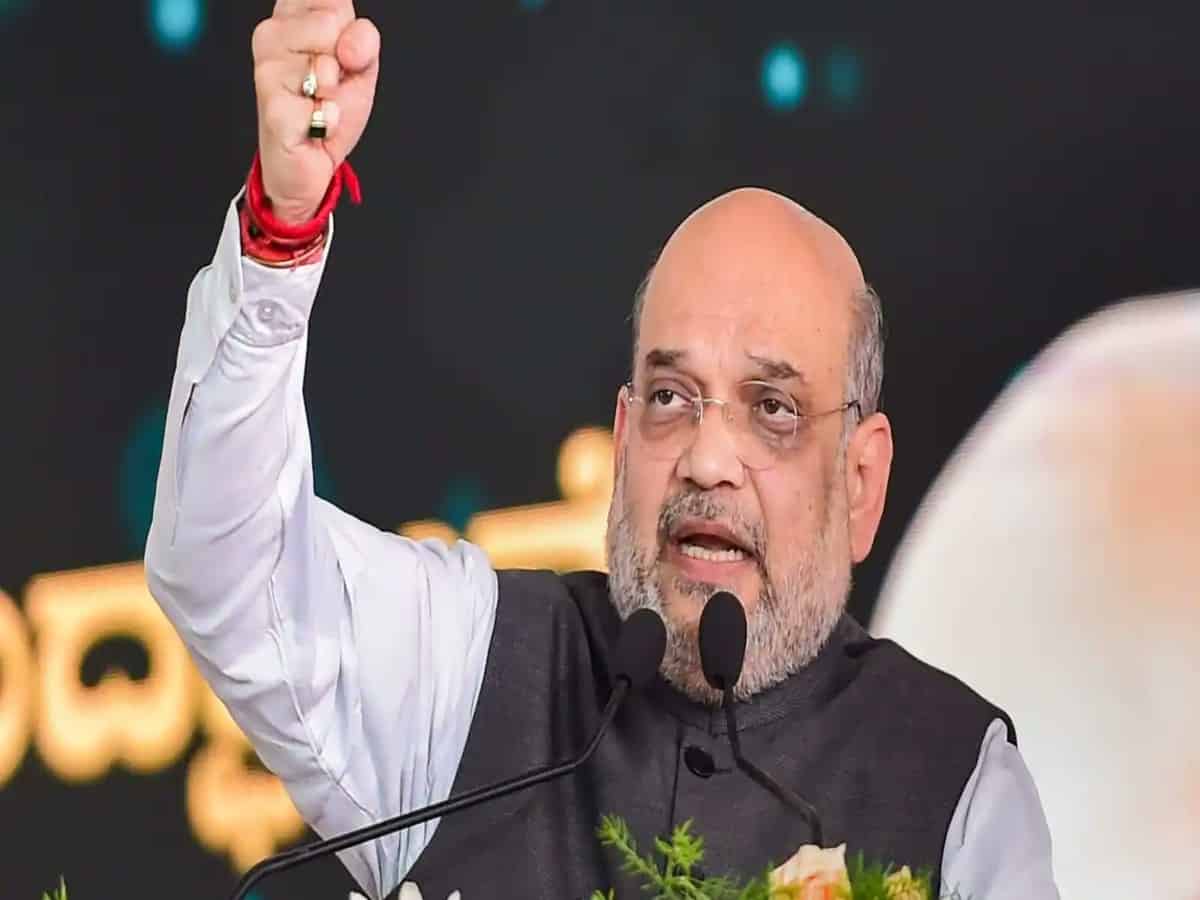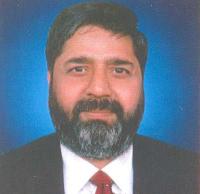

Union Home Minister Amit Shah’s renewed call for coordinated counter-terrorism operations in Jammu and Kashmir clearly implies rather in explicit terms that terrorism is still thriving in the Union Territory. This call assumes extraordinary importance owing to the two factors – the backdrop of the spate of killings, particularly that of Rahul Bhat, a Kashmiri Pandit who was shot dead in his office premises on Thursday last, and secondly the upcoming season of Hindu religious pilgrimages in the union territory. Apart from the security forces’ efforts, it seeks to invoke public cooperation in the new wave of anti-terrorism methods, shunning the old and traditional approaches.
The overall context behind this renewed exhortation to security forces shows that the Union Home Minister who is leading from the front the efforts to wipe out terrorism from Jammu and Kashmir to ensure that the Government of India’s decisions of August 5, 2019-abrogation of Article 370, ending decades long special status of J&K and bifurcation into the two federally administered union territories, was in the interest of peace and prosperity of the people.
So far, the Central government and the UT administration led by Lieutenant Governor Manoj Sinha have been showcasing the acquired parameters of peace – end to much of the militant related violence, high number of killings of militants, near-absence of the stone throwing, and tens of thousands of tourists descending on to the Valley every week and dismantling of the terror ecosystem, in which over ground workers of the militant outfits, and their sympathizers in various government departments and businesses. The dimensions of terrorism in J&K crisscross the landscape within the described physical boundaries, in the air waves and the events taking place in the neighboring country.
That is where the anti-terrorism operations require new approach, as the traditional approach of security forces’ guns neutralizing militants guns, tracing and destroying the hideouts, and even bombing the places where they sought shelter has brought out its limitations. The guns in hands are a result of mindset, and those who pick up guns or think of doing so, are difficult to be traced because they don’t share what they feel.
Indeed, roaring tourism business and near-normal markets in Kashmir have increased the stake of the young hard-pressed to do some work and feed their families. The economy is one of the biggest factors to stabilize the situation and increase stakes in peace in which the economic activities thrive, but then there is psychology born out of now more than 32-year-old conflict is also at play. This psyche finds its own space and seeks to fulfill its quest with their share of causing disruption.
An example can be cited out of the gruesome murder of Rahul Bhat. An individual was shot dead by two terrorists and both his killers, the police claimed, were killed in an encounter in less than 48 hours of the crime. That has not closed the chapter. The killing of the terrorists involved in this act of terror has not brought down curtains on the tragedy – the fellow employees of Rahul Bhat serving in the Valley under the Prime Minister’s Employment and Rehabilitation Package ( effective since 2008) have raised the pitch for leaving the Valley. They are not convinced by the official assurances held to them so far, nor they believe that the prevailing situation in the Valley can offer them foolproof security.
Amit Shah understood all this, and that’s why he is insisting on vigorous anti-terrorism operations, but these operations will be successful only when there is a public mood to do away with this menace. That part needs to be looked into and addressed, after all, terrorists are born in this atmosphere only, so atmospherics need to be cleaned of the ill effects and that can happen only with the cooperation of the people.



